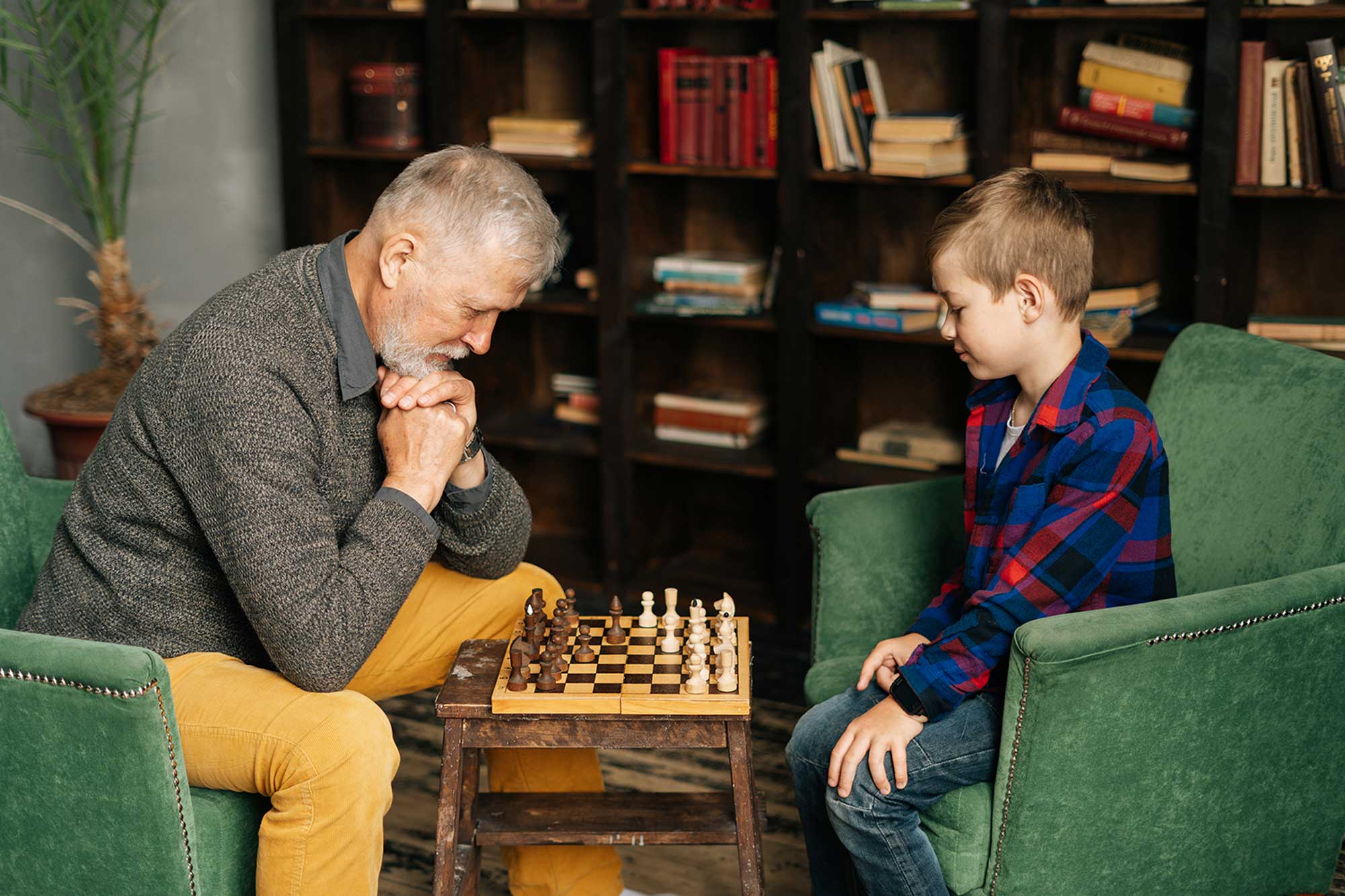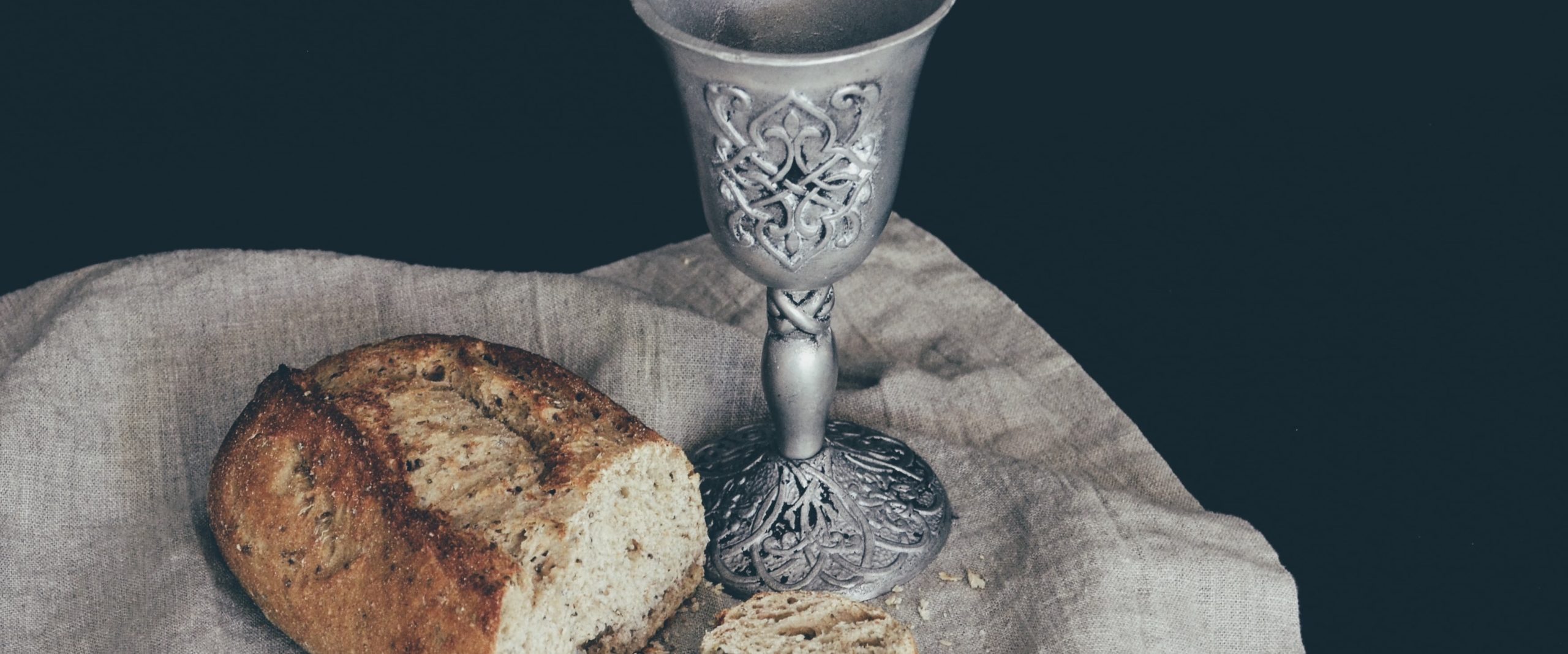It’s a phrase I hear more and more these days, this notion of “holding space.” I hear it invoked by artists, therapists, retreat directors, progressive altruists. It hints at a kind of Ignatian discipline centered on the conditions required for human growth amid dialogue and inner conflict. You could argue that it also captures the core purpose of liberal norms and institutions.
At a time when “holding space” as a democratic obligation feels uniquely endangered, Breaking Ground has been attempting to explore and embody the boundary lines of that space through film, discussion, and essay. Last week, we hosted a conversation with Mark Gerzon and Erin and Dave Leaverton, three individuals whose journeys are featured in the newly released documentary The Reunited States. Along with several others, these three are working to transcend the zero-sum pressures on our unity and our politics.
“The reason we find so much identity in our political affiliations is because we are searching for something that encapsulates ‘this is who I am, this is what I believe,’” said Erin Leaverton. “But we can’t define ourselves in these binaries. To do so strips us of the beauty and the individuality that we each carry as human beings. You could line up a group of people that crossed the whole political spectrum, and I could go sit with each of them, and we can talk and connect in story, regardless of where we land on certain issues. The divide in our politics has robbed us of that opportunity. It has created an Other that is an enemy, someone to be defeated, not someone to get to know.”
“I think some quest for this imaginary, universally understood and agreed-upon fact is a waste of time,” agreed Dave, her husband. “I’ve never seen it work. Here’s what I have learned: I do not have to lay down my truth to welcome you and your truth. We don’t have to agree on facts to collaborate, to open our hearts to one another.”
Meanwhile, in this week’s essay, police chief John Clair illuminates the growing pressures on his quite literal mandate to protect space for the peaceful adjudication of disputes. Reflecting on the various forms of political violence this past year, he concludes, “The art of our common life involves balancing the need for protecting space for the public conversation that is the heart of politics . . . with the need for protecting space for the careful and dispassionate sifting of evidence, the slow and annoying work of police and lawyers and juries.”
But this is not something our public servants can accomplish alone. “Both sides of this public work need each other,” Clair writes. “If police, or elections, become corrupt—if police departments are racist, or politicians are self-serving—the public must hold them to account.” This is difficult work, requiring patience and hope. “But what the public must not do,” Clair continues, “is to despair, to give up, to decide that the work of conversation and politics and marginal improvement is useless.”
As you read and watch the reflections above, what virtues are incumbent upon you to dredge up? What kinds of containers might you be called to design and preserve?






